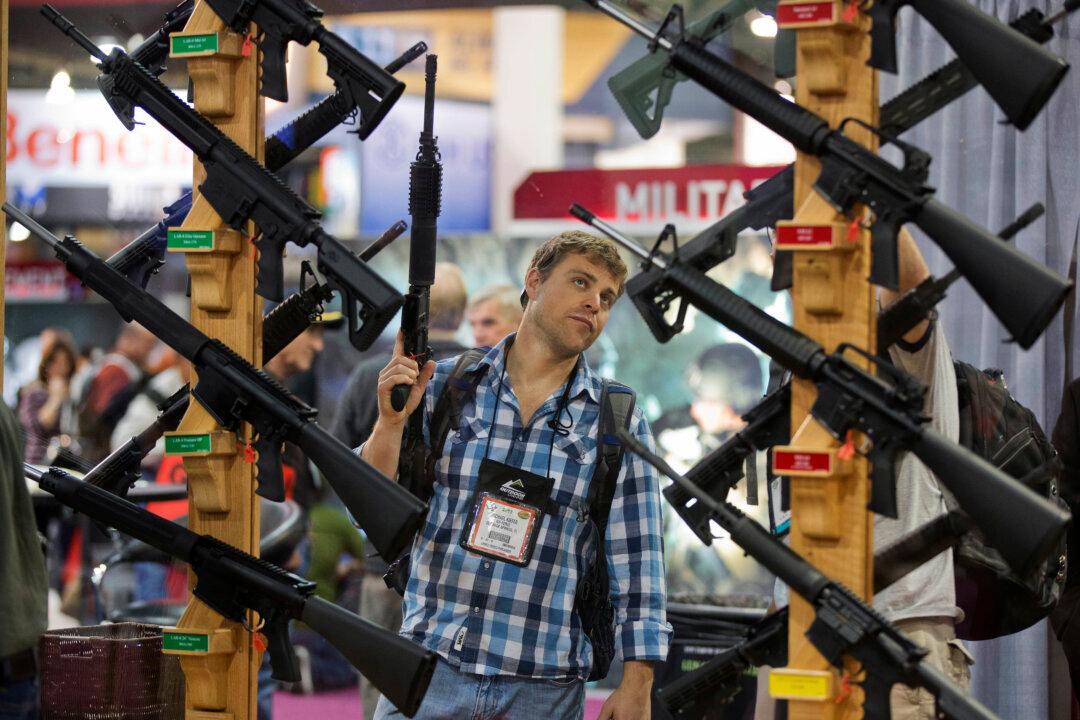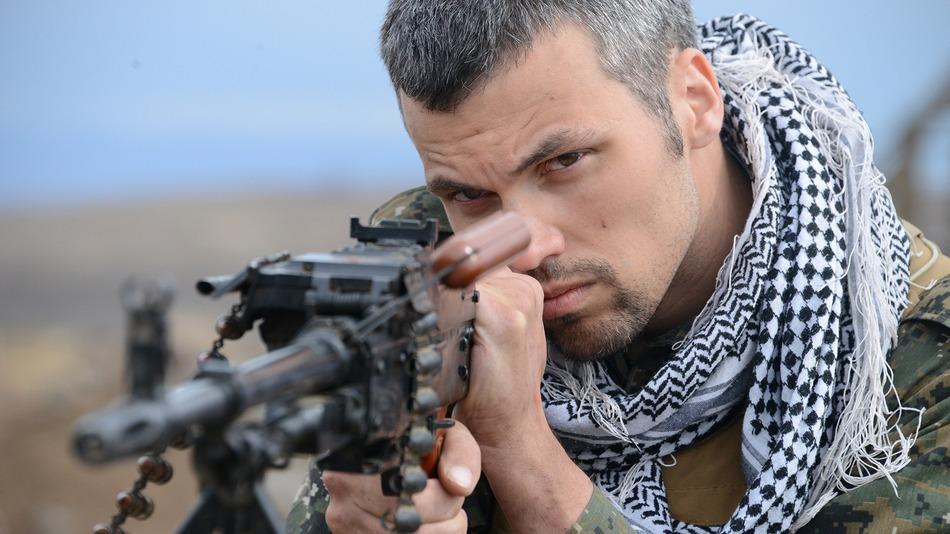Several state legislative bills currently being considered would expand the reach of guns on college campuses in the United States. The proposals have met with a variety of reactions ranging from staunch support to strong opposition.
There are 4,400 college and university campuses in the U.S.—most of which do not allow students, faculty, or visitors to carry firearms. Only one state, Utah, forces its public institutions to allow firearms, according to the National Conference of State Legislatures.
Six states have provisions that allow for concealed carry and 23 allow the college or university to make the decision.
That could change if a number of Republican-controlled state legislatures get their way. But the various debates are not easing through the system without public opposition.
In Montana, for example, earlier this month the state Senate narrowly endorsed a bill to allow people to carry concealed weapons on college campuses.
“People say you can’t have guns on campus because it causes shootings,” Republican Sen. Cary Smith, the bill’s sponsor said. “I would argue it prevents some of these tragedies.” Smith is a member of the National Rifle Association (NRA).
In Florida, a bill would erase a longstanding ban on carrying concealed weapons on campuses. It is sponsored by Republican Sen. Greg Evers, also an NRA member.




